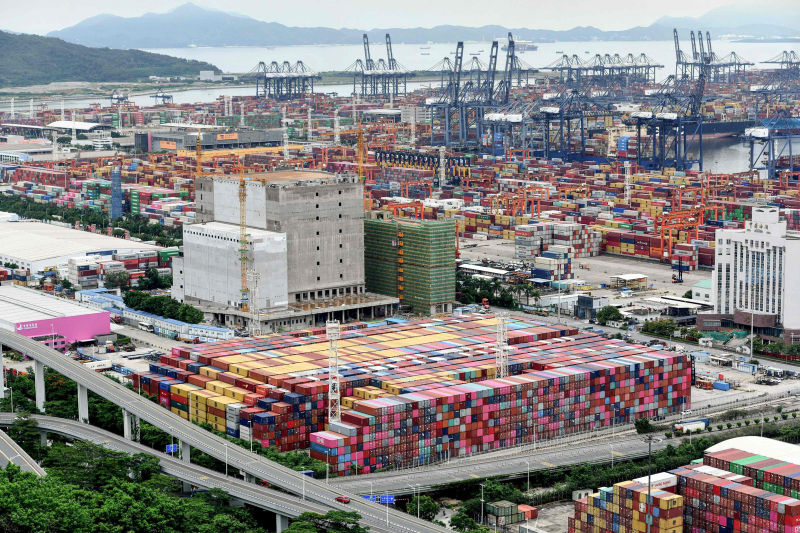Dire predictions about China decoupling from the rest of the world are contradicted by key trade and foreign investment data, HSBC has found in its latest China economics report.
Defying headwinds from a trade war with the United States and global supply chains snarled by Covid-19, China’s international trade flow, already the world’s largest, has been growing significantly.
“Despite the commonly-held assumption that China is facing increased decoupling with the rest of the world, we have found the opposite to be true,” said Qu Hongbin, HSBC’s Chief China Economist.
“In the last three years, China’s exports and imports have risen roughly five times faster than the global average.”
Read more: Asia’s Growth To Accelerate, Outperform US: Morgan Stanley
Chinese goods sold to overseas buyers rose by 30% in 2021, the fastest pace since 2010, and foreign direct investment (FDI) into China has also risen throughout the last three years, even as the global sum has shrunk sharply amid the pandemic.
Inflows into China rose by 5.7% in 2020, accounting for 15% of the world’s total, when the global sum contracted by 35% that year, and in 2021, FDI into China climbed by 16.2%, also the fastest pace since 2010, the bank’s report observed.
China’s share of exports and FDI inflows climbed to 15% or more of the global total and the country has more than doubled its share of other markets’ imports over the last few decades.
Qu says there are underlying drivers behind China’s rising share in the global trade of medium and high-tech and R&D intensive products like electronics and machinery – their exporters’ ability to climb up the value chain.
He said the upgrading process had already started before pandemic-related factors impacted world trade to China’s advantage, when it managed to keep its factories humming as the world shut down.
China’s Strong Structural Foundations
The report also observes, to underpin its links with the global economy, China boasts strong structural foundations like a good supply of science, technology, engineering and maths graduates, high levels of R&D spending and a massive domestic market.
There is also continued policy support in the form of tax breaks, direct targeted credit support and more financing channels for manufacturing upgrading and green investments.
All these will offset the impact of supply chain repairs and other headwinds and deepen China’s economic ties with the world in the coming years, added Qu.
Also, China is still a compelling destination for FDI and the mix of inflows has notably moved from goods into high value-add services like scientific research and ICT services and software.
HSBC believes that China will open up further by encouraging more investment, particularly in higher-value-added sectors.
- By Frank Chen
























